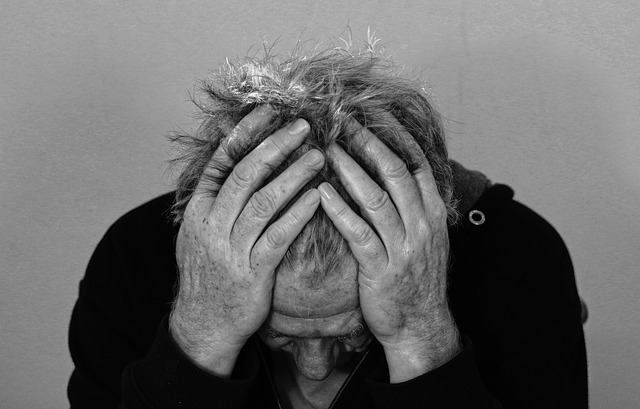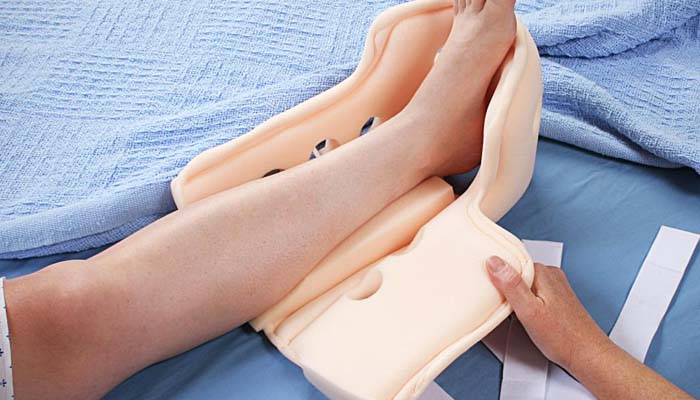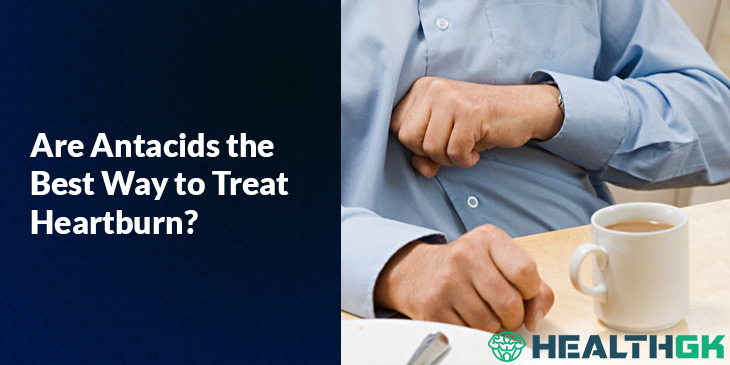
1. Up to 50% all Parkinson’s patients experience depression
When a person has Parkinson’s, the cells in their brain that is responsible for producing dopamine die. Dopamine is essential for movement which is why people with Parkinson’s suffer from movement issues as their muscles become tight and rigid. However, dopamine also has an impact on mental health as it is the “happy hormone” that regulates your mood. Studies show that 40-50% of patients with Parkinson’s experience depression. Similarly, 40% of Parkinson’s patients suffer from anxiety disorders while other may experience cognitive impairment and hallucinations. The medications for a patient with Parkinson’s should aim to manage the physical as well as the mental symptoms associated with this condition.
2. Depressive symptoms may occur before motor symptoms
One of the most common signs of Parkinson’s is a slow tremor of the hand which appears when the hand is at rest but disappears during voluntary movement of the hand. Typically, only one hand is affected in the beginning but as the disease progresses, it starts to affect both hands. These motor symptoms are often used to diagnose the condition but studies show that depression may be a very early symptom of PD as it can manifest years before motor symptoms. Men who are over 60 years old and have been diagnosed with depression have a higher likelihood of suffering from Parkinson’s.
3. Finding the right combination for Parkinson’s symptoms and depression medications can take years
Parkinson’s disease is a progressive nervous system disorder and while there is no cure for it, medication and treatments can help to manage the symptoms. However, since the condition has a wide range of symptoms, patients often require a combination of medications. Furthermore, patients with Parkinson’s who suffer from depression, require even more medications to help improve their mental and emotional health. This is why it can take years of trial and error for a doctor to determine the ideal combination and dosage of medications to treat Parkinson’s.
4. Side effects from Parkinson’s drugs can exacerbate depression
Many of the drugs that are used to treat Parkinson’s have severe and often overlapping side effects which makes it difficult to determine which medication is responsible for a specific side effect. One of the side effects from Parkinson’s drugs is severe insomnia. Since sleep is a restorative state, inadequate sleep results in increased tension, irritability and fatigue which exacerbate depression.
5. Exercise is essential for managing depression caused by Parkinson’s
Since Parkinson’s is linked to muscle rigidity, a daily exercise routine can help the patient as it keeps the muscles flexible. Exercise also releases natural chemicals in the brain called endorphins which improve emotional well-being and ward off depression. Furthermore, regular exercise reduces stress and improves sleep which help to reduce depression. Low-impact aerobics, biking, swimming and walking are some of the simplest and most effective exercises to reduce depression in Parkinson’s patients.
6. Dietary changes can help to prevent progression of Parkinson’s
When people talk about diet plans, it’s often with regard to weight loss but the food we eat plays a crucial role in our overall health. While scientists are still studying exactly how diet impacts Parkinson’s, studies show that certain nutrients can help to prevent Parkinson’s or even slow down its progression. People who consume foods such as tomatoes, carrots and apricots that are rich in carotenoids and beta-carotene are at a lower risk of getting Parkinson’s. Patients with Parkinsons might also benefit from a diet that contains foods high in Omega 3 fatty acids such as salmon, walnuts and chia seeds as these acids help to prevent the death of dopamine-producing cells.
7. Electroconvulsive therapy (ECT) is an effective treatment for Parkinson’s patients with severe depression
ECT, also known as electroshock therapy is a psychiatric treatment that is was originally used to manage seizures. However, in recent years, it has become a useful tool in the treatment of severe depression. Typically, a patient undergoes 2 to 3 sessions per week until their symptoms disappear. ECT is particularly effective for Parkinson’s patients with depression as it also helps to eliminate some of the motor problems associated with the condition. The procedure is carried out under anaesthesia and the patient may experience brief confusion and memory loss immediately after the procedure which resolves without the need for intervention.
The first step towards helping a family member with this condition, is to understand the causes and treatments for Parkinson’s. This will also help you understand what your loved one is experiencing which is important as people with Parkinson’s require the love and support of their family to help them accept their diagnosis. Psychotherapy and Parkinson’s support groups can also play a vital role in preventing depression in Parkinson’s patients. Parkinson’s is a long-term condition and therapy can help patients retain their identity, despite the physical challenges and behavioral changes caused by this condition.




